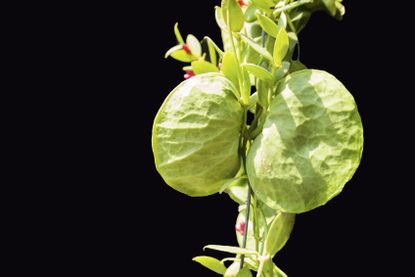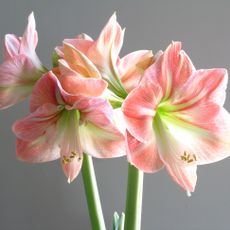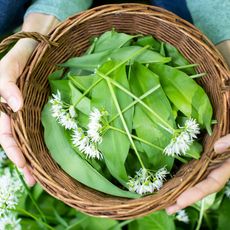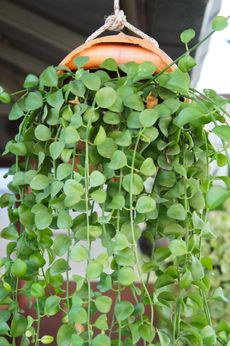What Is Dischidia: Tips On Growing Dischidia Plants


What is Dischidia? Dischidia are epiphytic rainforest plants native to southeast Asia and can be hardy in United States Department of Agriculture zones 10 and 11 or grown as a houseplant anywhere. These plants are also called ant plants because of their unique symbiotic relationship with ants. Dischidia ant plants are a fascinating species with a host of interesting features. Read on to learn more.
What is Dischidia?
It isn't correct to call Dischidia a carnivorous plant, but in a sense, they do attract ants and eat the dead ones – lending to its commonly referenced name of ant plant. Ants live inside the strange, balloon-like organs produced by the plant. They bring in nutrients and fend off predatory insects. In return, the plant provides a secure home. This is a fun and unique plant to grow in your home (without the ants). Dischidia plant care is easy provided you follow a few cultivation rules. Dischidia plants belong to the milkweed family. Broken stems ooze milky latex sap, and the plant often grows aerial roots. Dischidia pectenoides is the type most commonly grown and produces tiny red flowers and pouch-like leaves. It is inside these modified leaves that the ants make their home. Over time, organic material that is left to rot inside the leaves will get absorbed by the plant as it grows roots into the leaves to harvest the material. Try growing Dischidia in a hanging pot or trained to a small trellis.
Dischidia in the House
These plants grow wild in low-light situations below a thick rainforest canopy where light cannot penetrate deeply. Care of Dischidia requires indirect light for at least half the day. Avoid placing ant plants near doors or windows where drafts can stress the plant. The best medium for Dischidia ant plants is one that is composed of shredded bark or coconut husks. These plants appreciate high humidity and good ventilation. They should also have some sort of support as they are growing or allow the plant to trail in a hanging container. You can also try growing Dischidia outside in summer but provide the plant with a dappled light area and keep a watch for pests.
Dischidia Plant Care
Allow the planting medium to dry out before you water the plant. They are used to getting moisture only from dew and the air and cannot tolerate boggy media. When the bark medium is dry to the touch, submerge the container in water until air bubbles are gone. Ant plant also needs high humidity. Mist the plant every day or place the container on a saucer filled with pebbles and water. The water will evaporate and moisten the air while the pebbles will hold the sensitive roots out of the water. Dischidia doesn't really need fertilizer, but you should change the planting media every year. If you wish, apply a diluted by half, liquid plant food when you water beginning in spring and stopping by September. Remember to keep training any plants that are being supported as they grow.
Gardening tips, videos, info and more delivered right to your inbox!
Sign up for the Gardening Know How newsletter today and receive a free download of our DIY eBook "Bring Your Garden Indoors: 13 DIY Projects For Fall And Winter".

Bonnie Grant is a professional landscaper with a Certification in Urban Gardening. She has been gardening and writing for 15 years. A former professional chef, she has a passion for edible landscaping.
-
 Elegant Exotics: 8 Beautiful Amaryllis Varieties That Will Brighten Any Holiday Display
Elegant Exotics: 8 Beautiful Amaryllis Varieties That Will Brighten Any Holiday DisplayWhether red, pink, white or variegated, the right amaryllis varieties can enhance any living space, especially during the holidays. We round up eight of the most exquisite
By Bonnie L. Grant
-
 Forage For Herbs: 7 Tasty And Safe Wild Herbs To Pick Close To Your Own Backyard
Forage For Herbs: 7 Tasty And Safe Wild Herbs To Pick Close To Your Own BackyardIn addition to growing your own herbal staples, did you know there are several wild options out there that are safe and tasty – and free? Try foraging these 7 wild herbs
By Amy Grant
